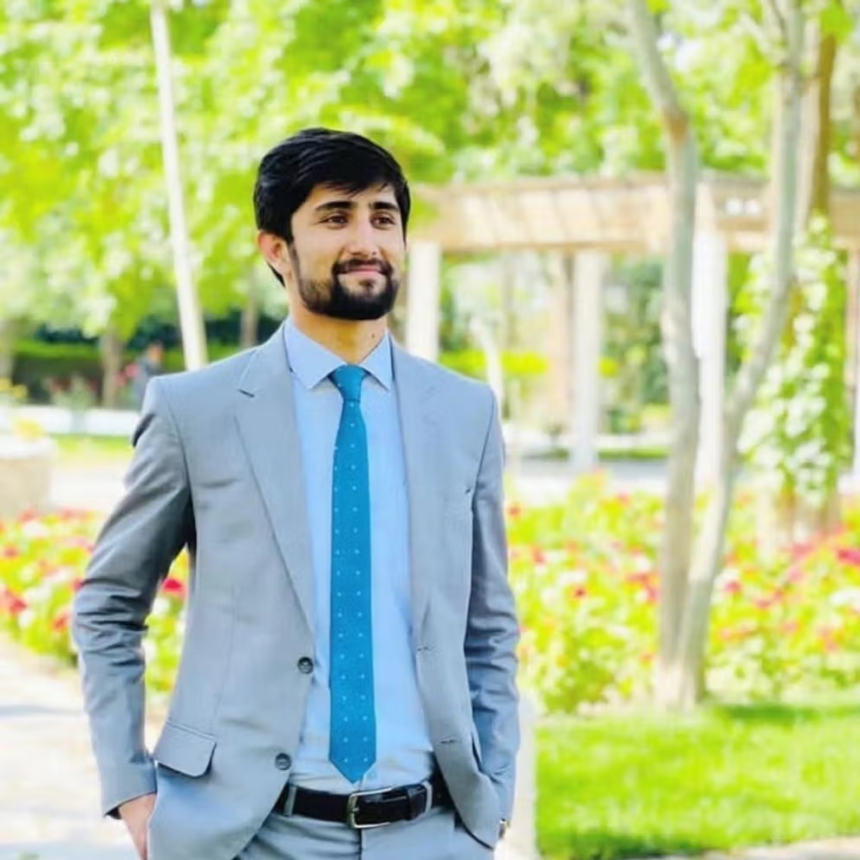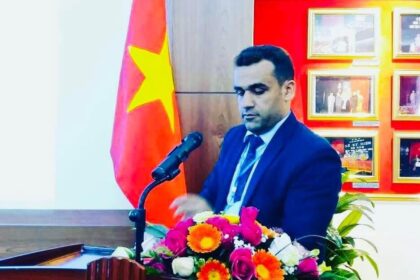RASC News Agency: Amnesty International has issued a forceful appeal for the immediate and unconditional release of Afghanistani journalist Hamid Farhadi, who remains unlawfully detained by the Taliban. In a statement released on Wednesday, May 14, the organization described Farhadi’s detention as “gravely concerning,” highlighting the alarming deterioration of his mental and psychological well-being inside the notorious Bagram prison. According to Amnesty, Farhadi has been denied access to legal counsel and was subjected to an unlawful and opaque trial a flagrant violation of international human rights norms and fundamental judicial guarantees. The organization further condemned the Taliban’s abrupt transfer of Farhadi from Pul-e-Charkhi to Bagram prison, a move that has only deepened his isolation. Family visits are now limited to once a month and are conducted under the intrusive surveillance of Taliban agents.
The report also details the severe abuse Farhadi has endured during both his interrogation and detention. He has reportedly suffered from physical mistreatment and prolonged periods of solitary confinement conditions known to inflict profound and lasting psychological harm. These revelations expose yet another facet of the Taliban’s systematic cruelty and institutionalized repression. Farhadi, a respected journalist committed to press freedom in Afghanistan, was arrested by Taliban forces in Kabul last year. He was sentenced to two years in prison by a Taliban-controlled court on charges of “propaganda against the regime” a vague and politically motivated accusation emblematic of the Taliban’s broader campaign to criminalize dissent and muzzle independent reporting.
Amnesty International’s call for his release comes amid escalating fears over the safety and freedom of journalists and media workers in Taliban-ruled Afghanistan. International human rights organizations have repeatedly sounded the alarm over the Taliban’s aggressive dismantling of press freedoms, arbitrary imprisonment of journalists, and the increasing use of state machinery to suppress critical voices. Farhadi’s case is far from isolated; it reflects a wider pattern of repression, intimidation, and silencing of the press that now defines Taliban governance. The Taliban’s actions betray a profound hostility toward transparency, accountability, and the foundational principles of a free society.
Amnesty International has urged the international community to take decisive action not only to secure the release of Hamid Farhadi but also to confront the Taliban’s escalating human rights abuses. The continued incarceration and mistreatment of journalists like Farhadi starkly illustrate the regime’s authoritarian nature and its brutal determination to extinguish the last embers of free expression in Afghanistan. As the Taliban’s authoritarian grip tightens, the global community must no longer remain passive. It is imperative to stand in resolute solidarity with Afghanistan’s embattled journalists those who, despite unimaginable risk, strive to tell the truth in a country where truth has become a dangerous act of defiance.






